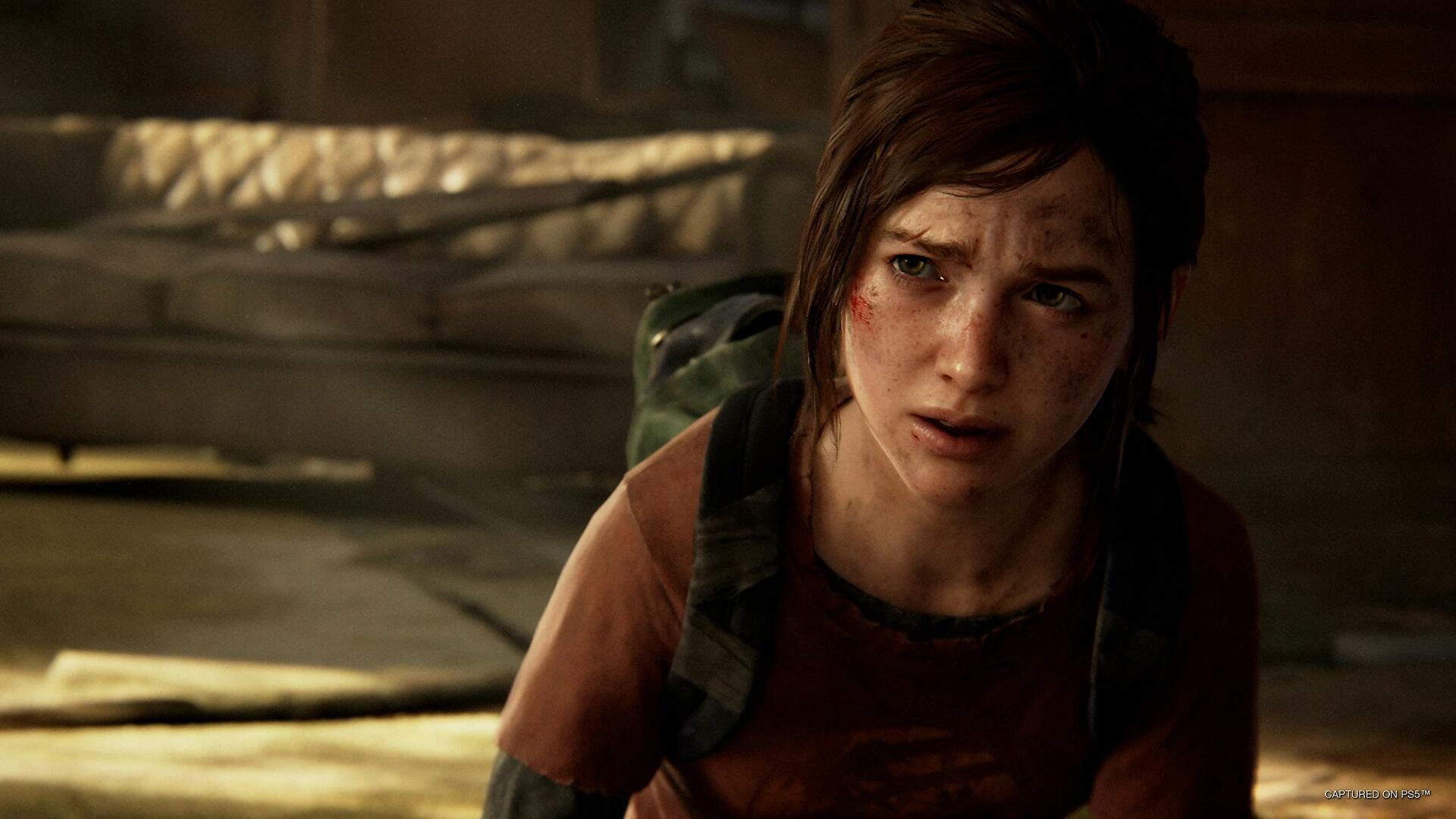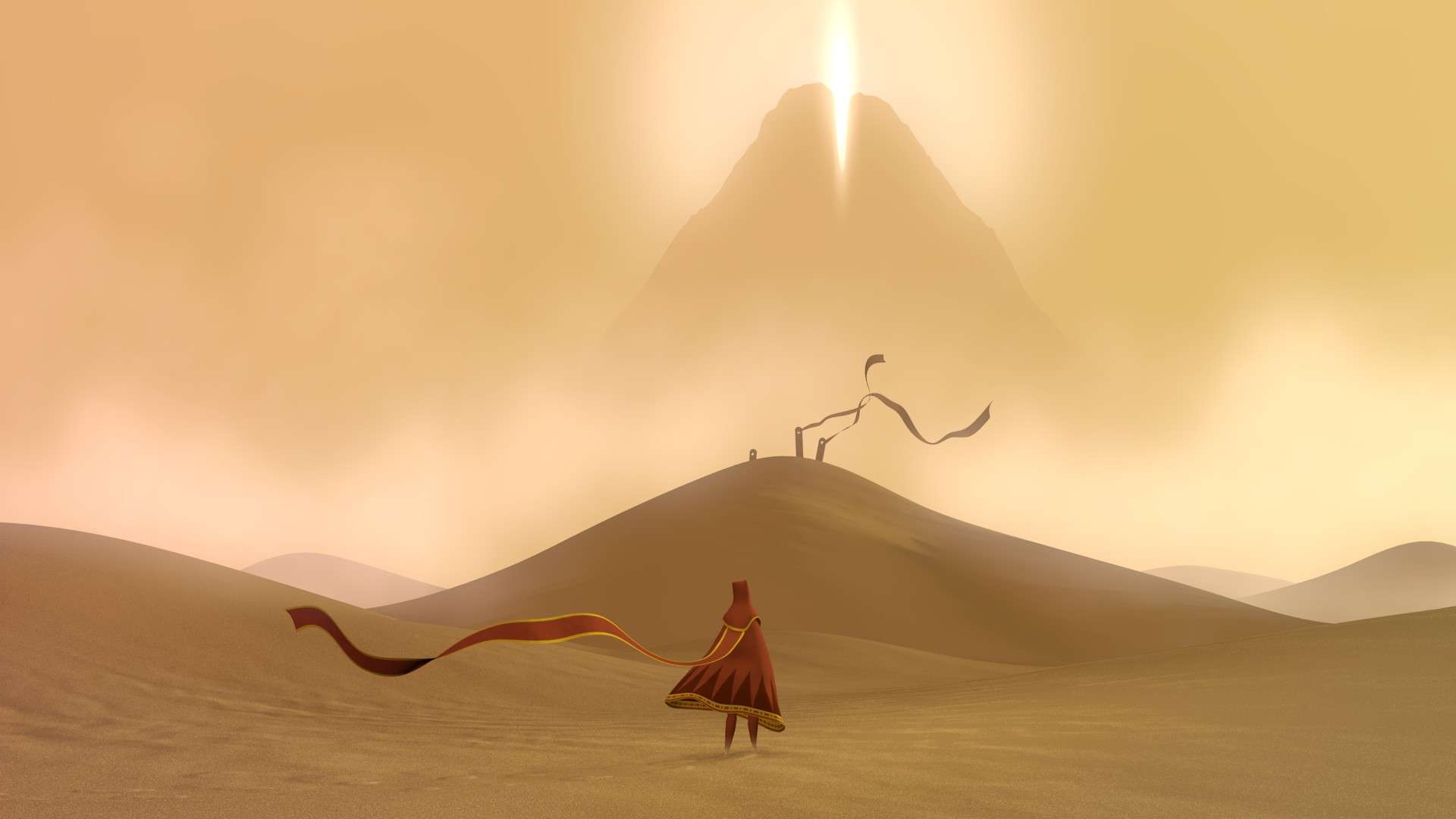Many of those who champion the artistic merit of their favourite hobby is among the crowd demanding that politics be excluded. So, with the recent swathe of CEOs, developers, and resident comment section bots calling for politics to be kept out of video games, isn’t it time we kept art out of our video games? It’s about time the superfluous is peeled out of the medium.
Let’s start with the obvious form of artistic expression: story. Get that shit out of my games. Remove the why. Strip it back to gameplay only, take us back to the days of Pong and Frogger. There are enough cumbersome vehicles in gaming without having one that presents differing perspectives, interrogates nuance, and evokes empathy.
The Last of Us is often heralded for ushering in a new age of storytelling in video games. However, after spending tens of hours immersed in the midst of a fungal pandemic, reconciling humanity’s place in nature, fighting for survival against both humans and slavering infected, it turns out my companion isn’t heterosexual. You had me at infected fungal zombies but lost me at lesbian teenager. Utterly immersion breaking. Let me craft my pipe bombs in seconds and remain un-infected whilst runners slaver all over me like rabid Reddit trolls.

Whilst we’re on the subject of characters, why don’t we just get rid of their distinctiveness altogether? Now, I know what you’re thinking: how could we lose the beacons of individuality that are male protagonists? But, trust me, this is for the greater good. Take the outfits in Final Fantasy XIV, for example. That realm would look much better if it were reborn again, without the clothing and the hairstyles. Just an online void with a mass of bald, naked characters. Why stop there? Remove their skin, perhaps they’re just wireframe models without facial features. Nobody’s ever made a political statement by shaving their head, removing their clothes or modifying their face.
Ori and the Will of the Wisps was released to widespread acclaim. But for me, its sprightly surroundings need to go. The game’s elegance evokes notions of pro-environmentalism and thus it should be vanquished. Whether that’s deliberate or not is up for interpretation, but it’s time to remove that grey area. In fact, let’s just make everything grey across the board. Drab settings, devoid of life and intrigue. Those sceneries don’t lend well to artistic expression or interrogating politics.
I see your art creeping into my game mechanics and I’ve had enough of it. Journey is one of the biggest offenders. Its influence remains in contemporary AAA video games. Its ability to connect you to an unnamed player companion was seen as a transformative experience for your pilgrimage. If we’re keeping politics out of video games, then there can’t be any room for artistic expression through mechanics. And no, I don’t care how many goosebumps the result gave you – ridding games of politics is the hill we’re dying on – rather than the infamous mountain featured in Journey’s climax.
While we’re at it, let’s strip away the music. Don’t try and elevate the drama with overly grandiose expressions of sound that do nothing but distract from the moment. Music was better when it was just chiptune bleeps, devoid of political and artistic sentiment. Hellblade’s sound design was one of the many facets which led to the title being BAFTA nominated – eventually winning in Audio Achievement. Its attempts to accurately portray protagonist Senua’s psychosis through conflicting chatter between her other selves was met with a largely positive reception. That’s all well and good, but it disrupted an immersive experience. I get enough constant nagging from my Mum when she gets another message from someone I’ve trolled online. “Get a job, have a wash, stop doxing journalists” – now that’s a battle with psychosis. Just like politics, exploring the human condition should be saved for film and TV – which are better equipped for doing so.
The truth is, video games are escapist entertainment. We play them to flee from more immediate concerns. What other form of entertainment could grant us that? The dictionary defines escapism as “the tendency to seek distraction and relief from unpleasant realities, especially by seeking entertainment or engaging in fantasy.” If they provide the means to break from the more menial aspects of our day, then they require vibrancy. Not just of colour, but conflict. It breathes complexity into the medium rather than the more primitive video games that existed in the past.
Suppressing politics in video games prohibits artistic expression. Erasing the music, environments, sound design, character identity, and narratives leaves us with the kind of husk that’s rooted in the past. Value remains with Pong and Frogger, but the medium has evolved. After decades of growth, video games have forged an identity in which the platform is the ripest for artistic collaboration.
Yet, many of its own consumers seem intent on de-platforming it. Like some kind of misguided advocate for imperialism, they seem intent on restoring the non-existent halcyon days of video games before politics. Engage with them, embrace them or rally against them – but find a method of doing so with decency. The stage is there for you to respond.
Keeping politics out of video games is a notion as disingenuous as suggesting they aren’t vehicles for artistic expression. If you believe the medium is an artform, then of course they’re freaking political.
